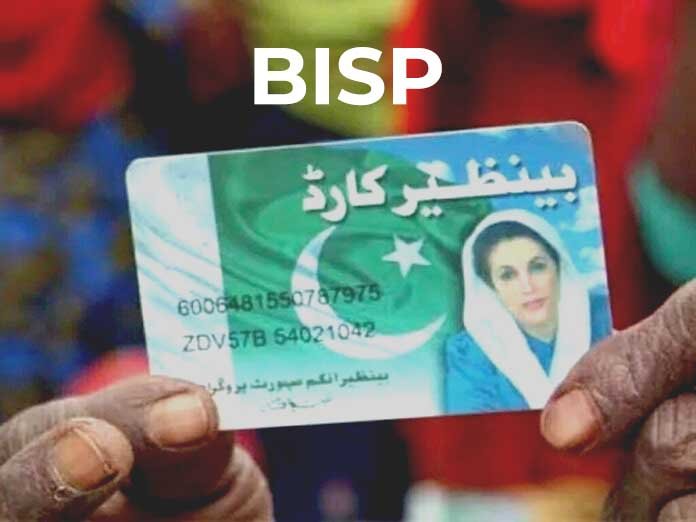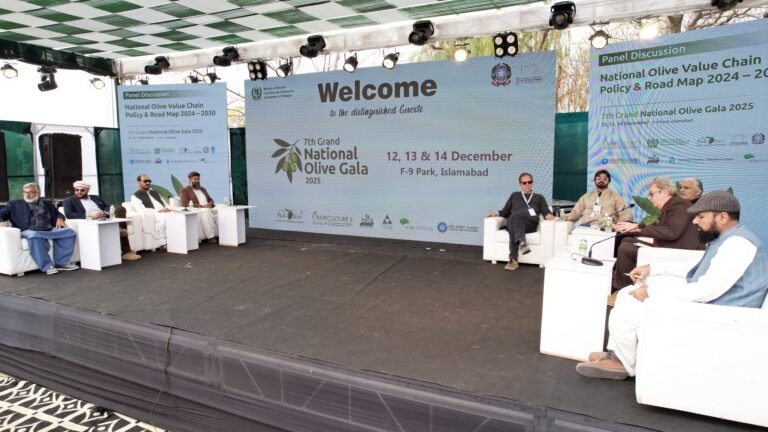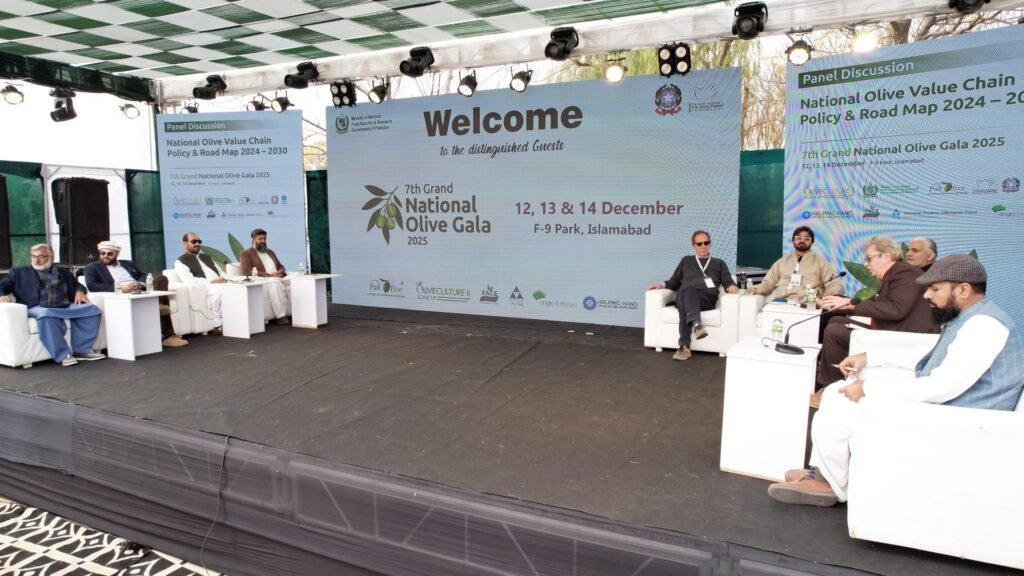Pakistan’s Federal Budget 2025-26 arrives at a critical juncture, marked by ambitious fiscal targets and ongoing efforts to stabilize the economy. Amidst these challenging objectives, the Benazir Income Support Program Budget stands out as a clear priority, receiving a significant increase in allocation. As the nation’s largest social safety net, BISP plays an indispensable role in alleviating poverty and empowering vulnerable segments of society. This budget reflects the government’s commitment to protecting the most disadvantaged citizens, even as it navigates stringent economic reforms. Understanding the specifics of BISP’s funding and strategic direction within this budget offers crucial insights into Pakistan’s social welfare priorities.
Benazir Income Support Program Budget: Record Hike and Stipend Adjustments
The Federal Budget 2025-26 proposes a substantial increase for the Benazir Income Support Program. The government allocated Rs. 716 billion for BISP, marking a significant 20% nominal increase compared to the Rs. 598 billion allocated in the outgoing fiscal year (FY 2024-25). This historic allocation underscores the government’s intent to reinforce its social protection initiatives. The program aims to maintain its expansive reach, supporting over 10 million households across Pakistan, ensuring a crucial safety net for millions of families struggling with economic hardship.
Crucially, the budget also includes an enhancement to the unconditional cash transfer (UCT) “Kafaalat” stipend. Starting January 2026, the quarterly stipend for beneficiaries will increase from Rs. 13,500 to Rs. 14,500. This 7.4% hike aims to provide some relief against persistent inflationary pressures, ensuring that the financial assistance retains a degree of real purchasing power for the poorest families.
Benazir Income Support Program’s Broader Impact: CCTs and Financial Inclusion
The government’s commitment to the International Monetary Fund (IMF) explicitly includes adjusting BISP payouts for anticipated annual inflation. This ensures that the Unconditional Cash Transfer (UCT) “Kafaalat” program continues to cover approximately 15% of the consumption for the lowest income quintile. This strategic indexation is vital for preserving the real value of the cash transfers amidst rising costs of living.
Beyond the core cash transfers, BISP continues to expand its Conditional Cash Transfer (CCT) programs. These initiatives link financial aid to specific actions, primarily focusing on human capital development. The education CCT program has already exceeded its enrollment target, now supporting 10.8 million families. The nutrition CCT program is also on track to meet its enrollment goal of 2.1 million in FY25. BISP actively collaborates with the World Bank to enhance these health and education-linked transfers, working closely with provincial governments to avoid duplication and strengthen overall coordination in social protection efforts.
Modernizing Support: Digital Payments and Transparency Initiatives for BISP
To enhance transparency and efficiency, BISP is actively pursuing digital transformation. The budget supports the rollout of a pilot e-payment system. This initiative aims to provide BISP recipients with bank accounts in select districts by the first quarter of FY26 (July-September 2025). This move will not only streamline disbursements but also enable beneficiaries to build savings and foster greater financial inclusion.
Furthermore, the government’s broader push for utilizing artificial intelligence (AI) in revenue collection and fraud detection is expected to impact BISP’s operations. AI-based verification systems are being leveraged to curb ghost beneficiaries and minimize leakages, ensuring that funds reach their intended recipients more effectively. These digital advancements are pivotal for strengthening the program’s integrity and long-term sustainability.
Benazir Income Support Program in Context: Welfare vs. Other Priorities
While the Benazir Income Support Program Budget receives a significant boost, the broader fiscal landscape reveals a tight budgetary environment. When comparing allocations across various sectors:
- Defence Spending: The budget proposes a substantial increase in defense allocation to Rs. 2.55 trillion, representing a 20% hike. This figure significantly outweighs the combined social sector allocations, reflecting national security priorities amidst regional dynamics.
- Other Welfare Programs: While BISP sees a notable rise, other welfare initiatives like the Poverty Alleviation Division and Bait-ul-Mal show more modest changes. The Ehsaas Rashan program’s estimated allocation also reflects a decrease, indicating a recalibration of priorities within the social welfare portfolio.
- Health and Education: The federal budget indicates notable constraints for higher education. For FY 2025-26, the recurring budget for higher education is set at Rs. 66.4 billion (against a demand of Rs. 84.6 billion), and the development budget faces a reduction to Rs. 39.4 billion from Rs. 65 billion in the previous year. This signals a tighter fiscal space for these crucial sectors compared to social safety nets like BISP.
Challenges and Criticisms Facing the Benazir Income Support Program
Despite its vital role and increased funding, BISP continues to face challenges. Criticisms often include:
- Limited Coverage: Experts highlight that the program still excludes a significant percentage of eligible families due to outdated poverty surveys and gaps in outreach. This necessitates continuous refinement of the National Socio-Economic Registry (NSER) for accurate targeting.
- Political Tool Allegations: Opposition parties and critics sometimes allege that BISP funds are susceptible to misuse for political gains or vote-banking, raising concerns about the program’s impartiality.
- Inflation Erosion: While the stipend increase and inflation adjustment commitment are positive steps, the persistent high inflation rate in Pakistan means the real purchasing power of the Rs. 14,500 quarterly stipend remains a constant concern for beneficiaries struggling with daily necessities.
The budget also introduces measures that disproportionately impact the poor, such as a carbon levy of Rs. 2.5 per liter on fuel and the imposition of 18% GST on solar panels, which could negate some of BISP’s benefits by increasing the cost of living and essential services. This contrasts with substantial tax exemptions amounting to Rs. 5.84 trillion, benefiting the elite and specific sectors.
Conclusion
The Benazir Income Support Program Budget for FY 2025-26 stands as a critical pillar of Pakistan’s social protection strategy. Its increased allocation and commitment to inflation-adjusted stipends offer a much-needed lifeline to vulnerable families. However, the program operates within a complex fiscal environment characterized by difficult budgetary trade-offs, where defense spending receives a significant boost while other social sectors face cuts. The ongoing challenges of ensuring comprehensive coverage, preventing political interference, and combating the pervasive impact of inflation remain crucial for BISP’s continued success and its ability to effectively serve as the nation’s premier social safety net.
For more news and updates, please visit PFM Today.















